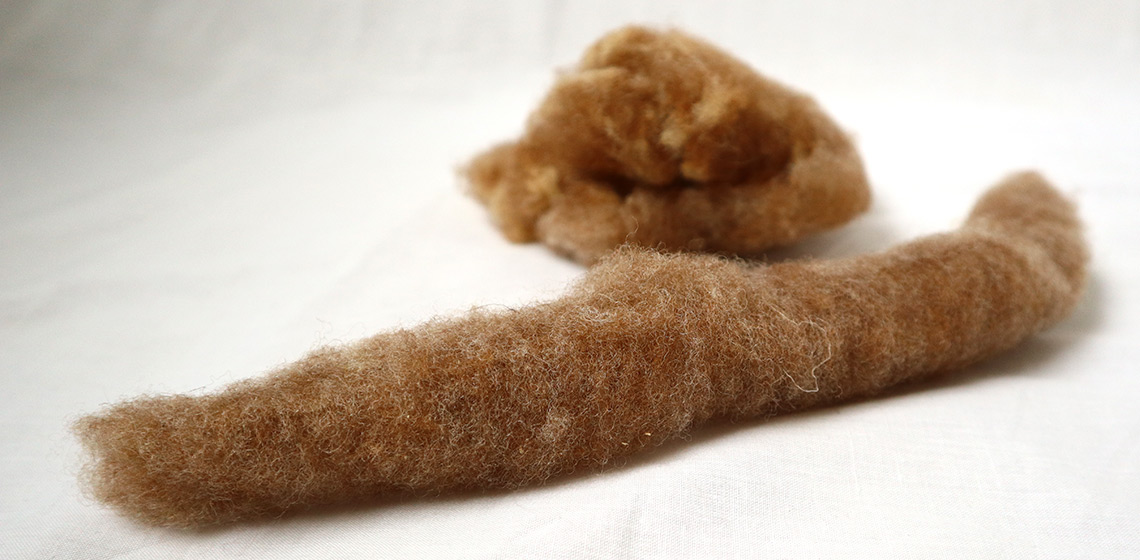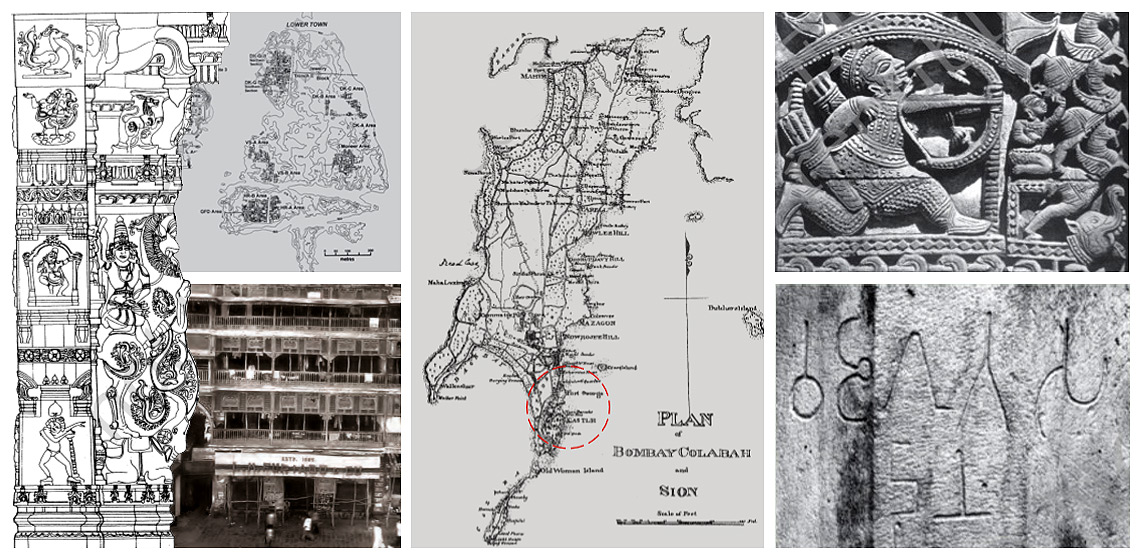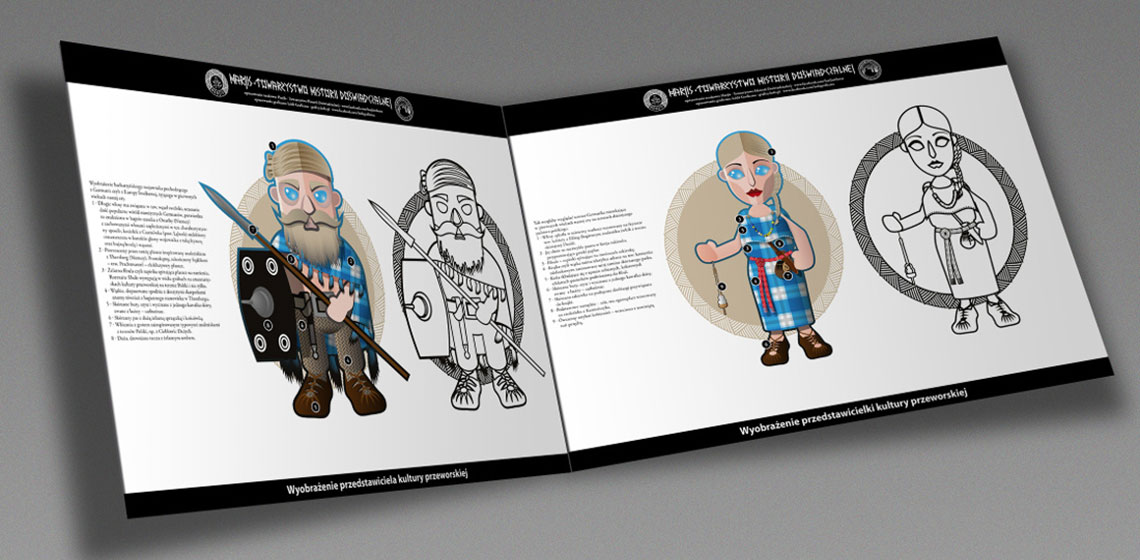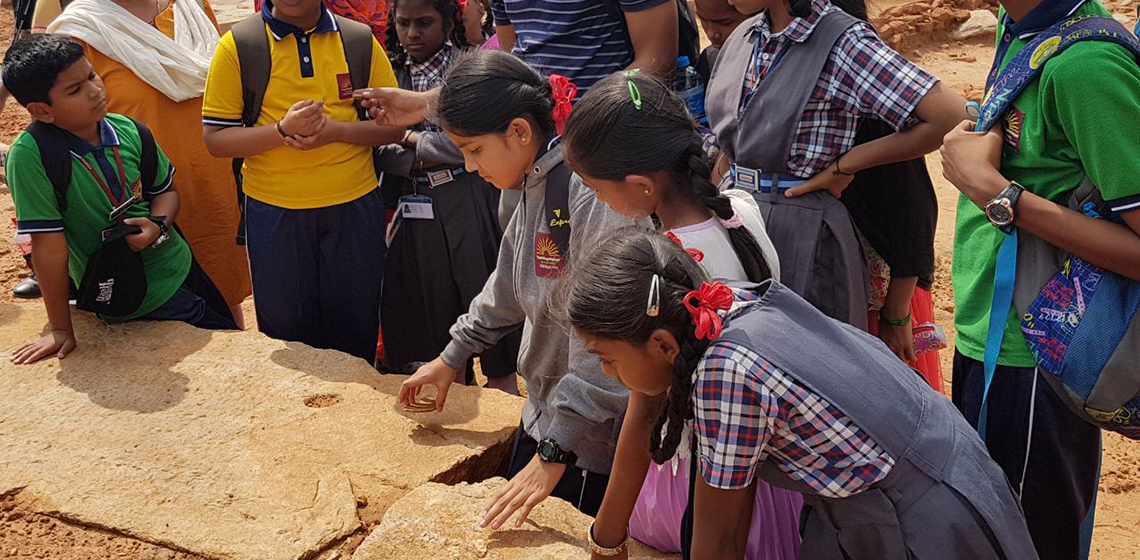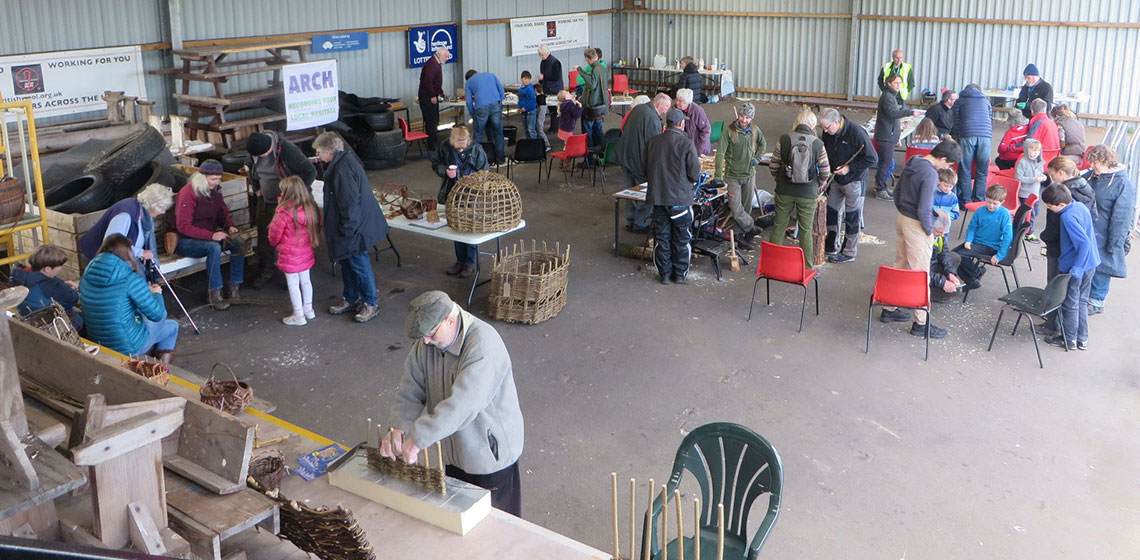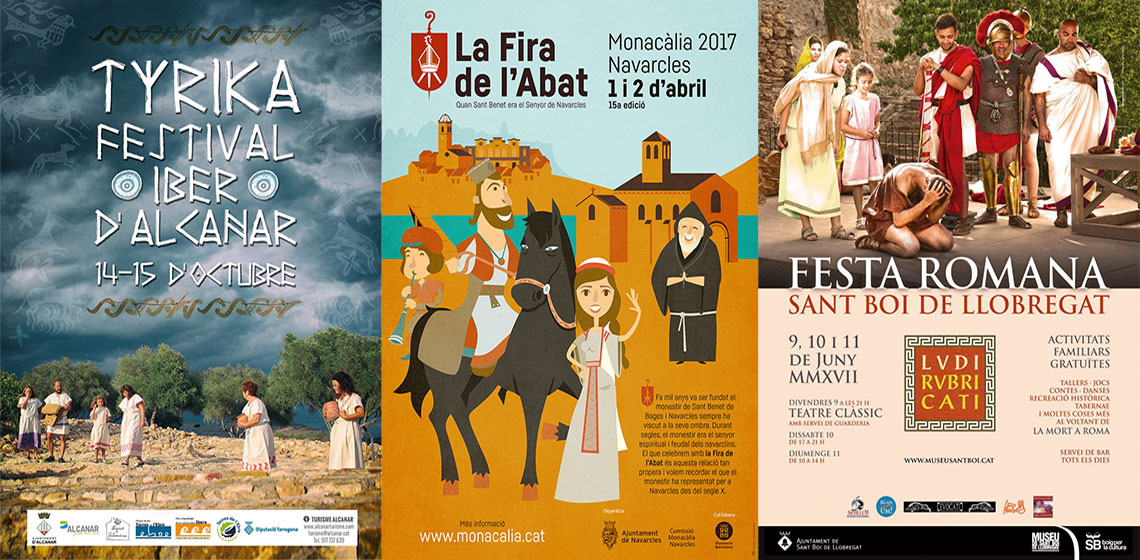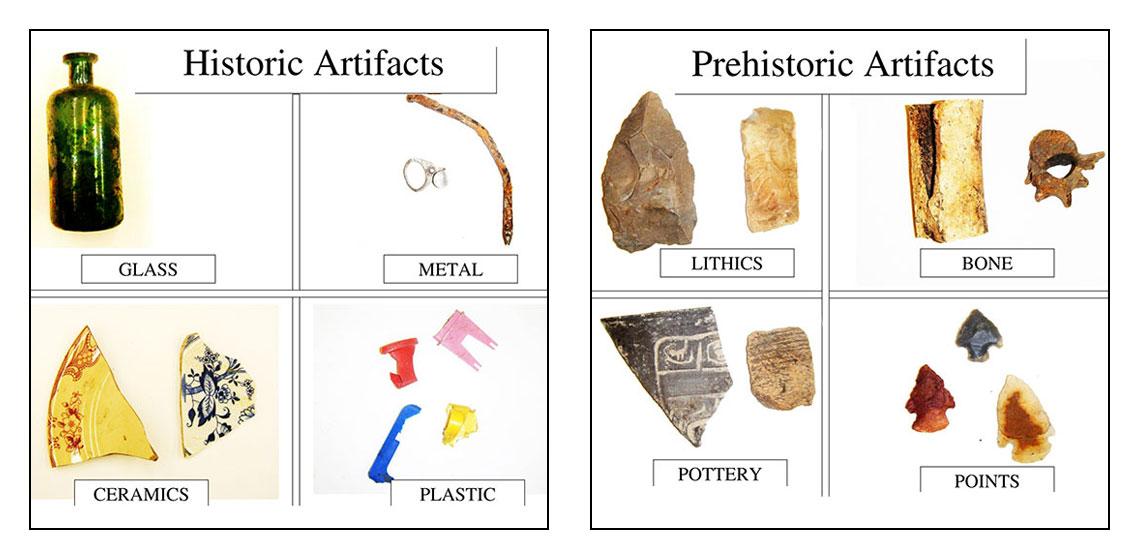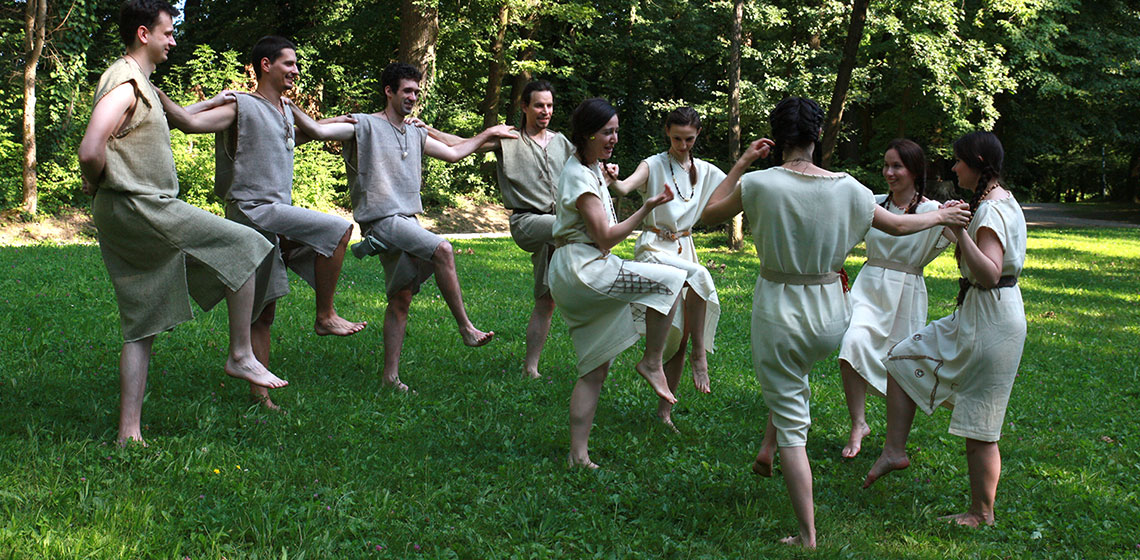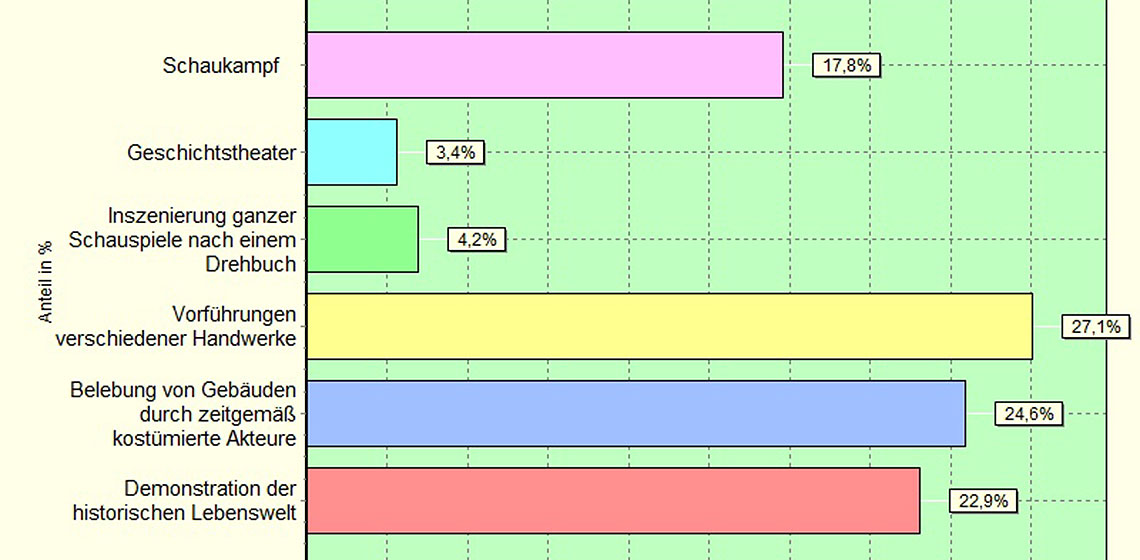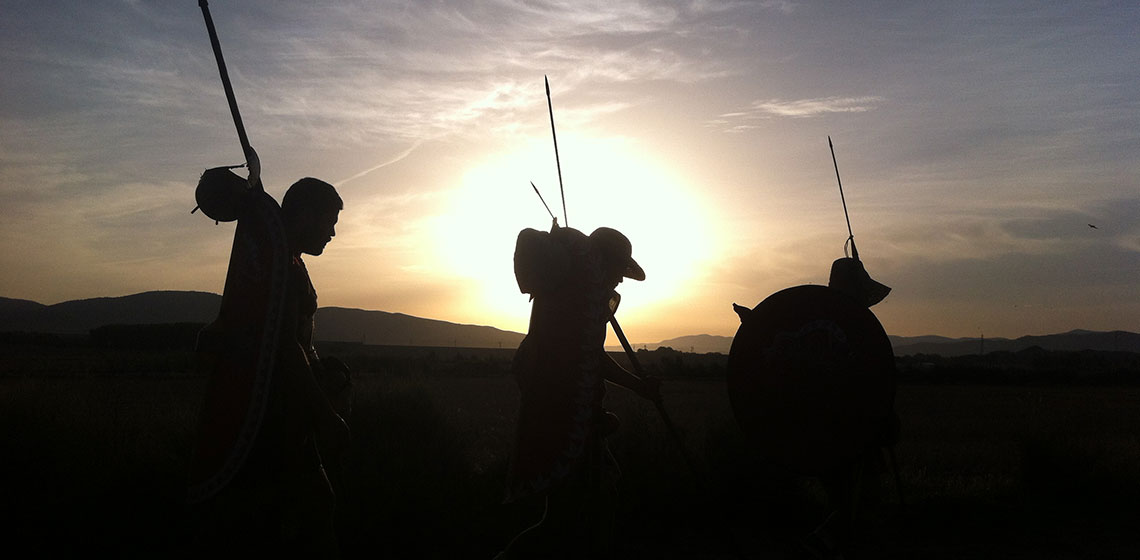Interpretation
Indian Students’ and Teachers’ Perceptions and Attitudes to Archaeological Content in History Textbooks
Introduction
It is well accepted that using real evidence/primary sources is an important criterion in the teaching and learning of history. The focus in classrooms in many parts of the world has already moved to using both primary and secondary sources instead of solely using school textbooks, which has made the teaching and learning of history much more useful, joyful, and productive. Archaeological remains form one of the most important of primary sources.
Popularisation of Experimental Archaeology in the Activity of Harjis - Project under the Patronage of the Institute of Archaeology of the University of Lodz (PL)
What is The Society of Experimental Archaeology Harjis?
Our group, the Society of Experimental Archaeology Harjis has been informally active since 2009. In our first active years we focused mainly on the popularisation of archaeology. For the last three years the primary direction of our activities concentrated on widely understood experimental archaeology. Thanks to this attitude we have gained the official patronage of the Institute of Archaeology of the University of Lodz.
Taking Archaeological Concepts outside the Social Science Class in Indian Schools
Experimental Archaeology in the Scottish Highlands
Current Trends in Annual Historical Re-Enactments Events in Catalonia. Uses of Cultural Heritage
Public Access to (Pre-)History Through Archaeology
The Forgotten Movement – A (Re)construction of Prehistoric Dances
However, after studying archaeological artistic depictions, historical descriptions and contemporary ethnographic examples as the main research sources for the history of dance and dance movement and its development in the context of early human history, we created a conceptual reconstruction of prehistoric dances. It was presented in the form of an educational dance performance with the goal of presenting the archaeological heritage through a possible vision of dances and dance movements from a number of selected prehistoric periods: Neolithic, Chalcolithic, and Bronze Age.

